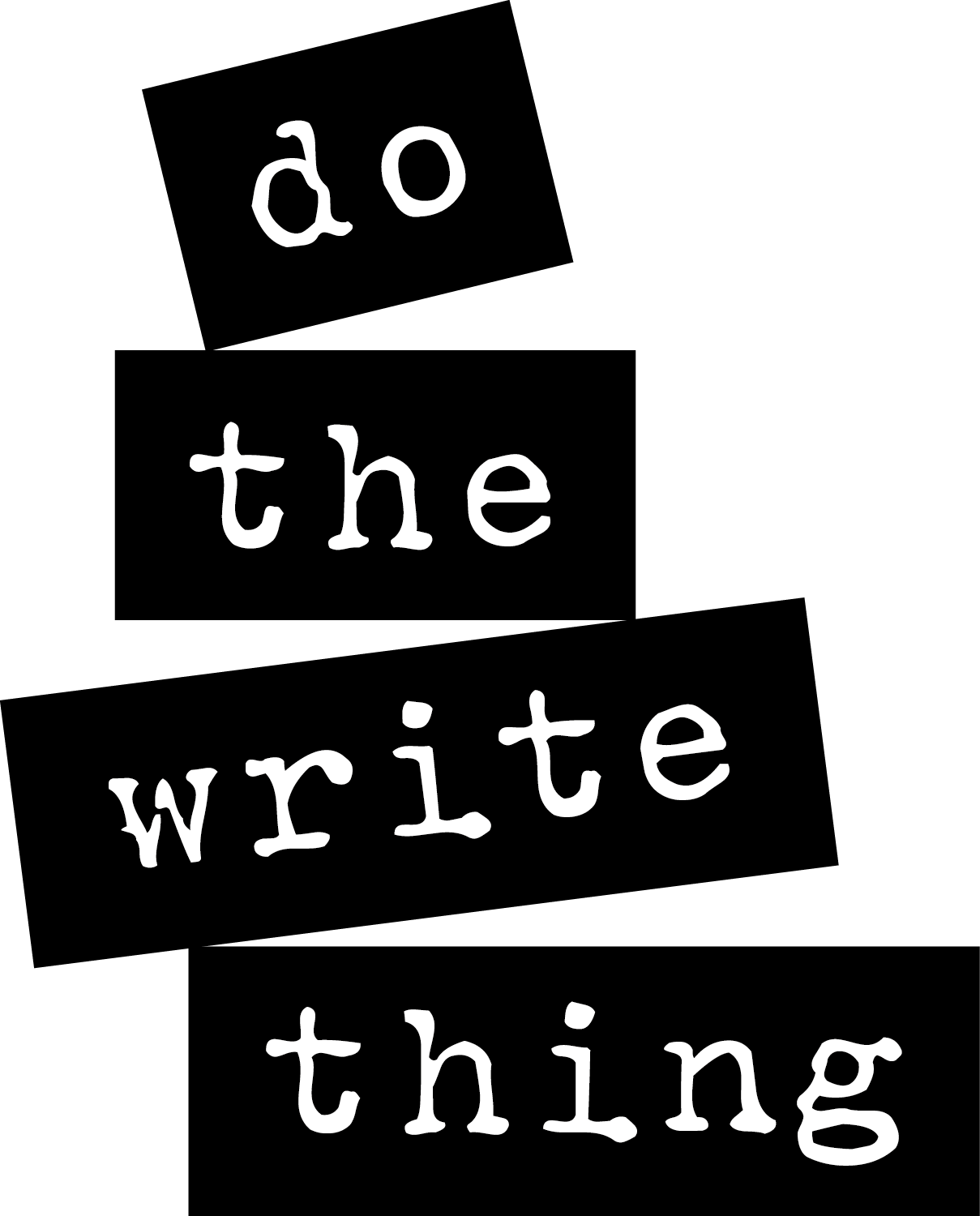transforming the quality of your service
Take your staff the write way:
take our six steps to successful writing and recording
Time and time again, in public inquiries, serious case reviews and inspections we hear about the poor quality of recording. And yet social workers tell us that they can spend up to 80% of their time writing and recording. This means that from Monday to Thursday of each working week they are in front of a computer; and on Friday, at last, they are in front of a child or family or service user.
With cuts still biting, your workers need to better use their precious time: and that means making them more effective in their recording and writing. It means understanding confidently how to write relevant and meaningful records and reports. We believe we can help your managers and workers to be sure, be clear and be effective. We believe we can help you achieve this: just follow our six steps to successful recording.
step 1:
have a cracking policy
Everything you do and how you do it should be inspired by policy and be measured back to policy. This means binning the usual dull, staid approach to policy writing. Yes it needs to reflect the limited legislation and guidance out there. But go beyond that. Mean it. Say it. Have a clear, readable, inclusive and inspiring policy. If you have a policy, we will look at, review or re-write it with you. If you haven’t got a policy, together with you we’ll write one.
step 2:
bring that policy to life:
set gold standards -having a great policy is one thing – bringing it to life, making it meaningful is another. We’ll put together standards that will show staff exactly what is expected of them and how together as an organisation you can make it happen. Staff will know and managers will have clear guidance on what to monitor and look out for.
step 3:
have a “house style”
Newspapers, magazines and publishers all have “house styles” – guidance so staff know exactly what is expected of them and how we do stuff. Do we want you to use bullet points or not? If you use bullet points do we start each bullet point with a capital or lower case letter? Do we end each bullet point with a semi-colon, a comma, a full point or do we prefer to end it free of punctuation?
The crucial element here is to standardize (or is that standardise?) your approach but not at the expense of individual style. We still need to feel that the worker’s individual voice is being heard – how else can we expect or encourage workers to take responsibility and pride in their work? Workers must be confident in their own voice (after all, this will lead to sound analysis and judgements) but within clear boundaries.
step 4:
show what you mean by “good”: have exemplars
An excellent way to set the organisation’s standard is to share good examples of what you are looking for. So together we will compile a good practice resource – showing staff what makes for a good assessment, a good court report, a good chronology and so on.
Critically, these must be used as guides and inspirations – and not something simply to copy. We are looking for your staff to have their own take on what is good practice.
step 5:
training
Once the first four steps are complete, we believe then is the best time to design and deliver your training – both general and more specialised.
Again we can do this for you or we can train your trainers if you are looking to keep costs down. The practical training can then bring everything else to life; it can make sure that it all now makes sense and empower your staff to be truly effective in their writing and recording.
step 6
review progress positively
Just as each worker’s writing and recording should be regularly reviewed (not least through supervision) so should your policy, standards, house style, exemplars, training and e-learning programmes. If all of this is going to work we have to make sure that it is working…
Follow these six steps and we guarantee your workers will save time…
Isn’t it time for you to do the write thing?
Isn’t it time you took steps to improve the effectiveness of your worker’s writing and recording?
If it is, get in touch with us. We’re here to help you every step of the way… Can you really afford not to?
do the write thing: (e) office@dothewritething.co.uk

